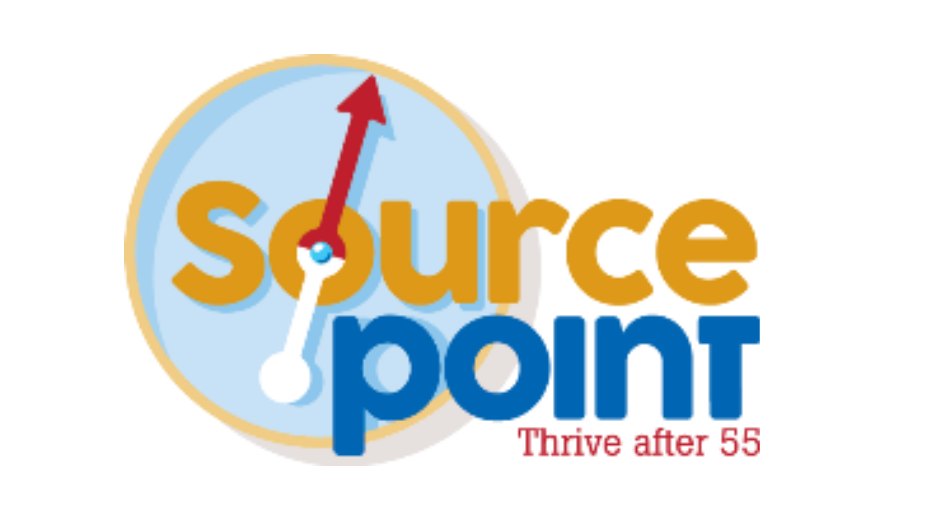As our society conducts more business via digital transactions, scammers have more opportunities to take advantage of consumers’ private information. From making you believe you have won an unclaimed prize, you owe unpaid taxes, or even your child or grandchild is in trouble with the law, fraudsters will stop at nothing to gain your trust and steal your information.
Some helpful points to consider when interacting with someone who may be trying to steal your information:
- Fraudsters will intentionally make you feel that you need “act now” to make a payment. No matter how urgent the caller says it is, avoid the impulse to act immediately when dealing with someone who is telling you they need payment right away to cover a debt or to activate prize winnings.
- Never give out your bank account numbers, or account username, or password information to anyone. A legitimate company or agency will not ask you for that information. If you believe the individual reaching out may be from someone you conduct business with, do not hesitate to tell them you need to look into the situation further. Hang up and call the customer service hotline you know to be correct and ask the specialist if you have an outstanding debt.
- You will never be asked to make a payment via a wire transfer internationally or through buying gift cards. Both are strong indications that a fraudster is at work.
The Federal Trade Commission (FTC) offers some tremendous resources on more recent financial scams affecting the elderly, and all consumers, including:
- Tech Support Scams (https://www.consumer.ftc.gov/articles/how-spot-avoid-and-report-tech-support-scams)
- Social Security Scams (https://www.consumer.ftc.gov/blog/2018/12/fake-calls-about-your-ssn)
- Publisher’s Clearing House Scams (https://www.consumer.ftc.gov/blog/2018/04/publishers-clearing-house-imposters-keep-coming)
In the end, we all are susceptible to falling victim to a financial scam. These are all good tips to avoid being the victim of fraud. If you believe something is too good to be true, it most likely is.
Also, do not hesitate to ask a friend, family member, or your local banker if you suspect you might be dealing with a fraudster. The embarrassment you might face for a few minutes is far better than potentially having your identity stolen, losing thousands of dollars, or the time spent dealing with the fraud after it has occurred.
If you would like to find out how you can do more to help manage, save, borrow, and protect your money, feel free to stop by any one of our 10 locations in central Ohio, call us at 800-711-2265, or visit us online at fcbanking.com. Thank you to First Commonwealth Bank for sponsoring SourcePoint’s fall fundraiser!


